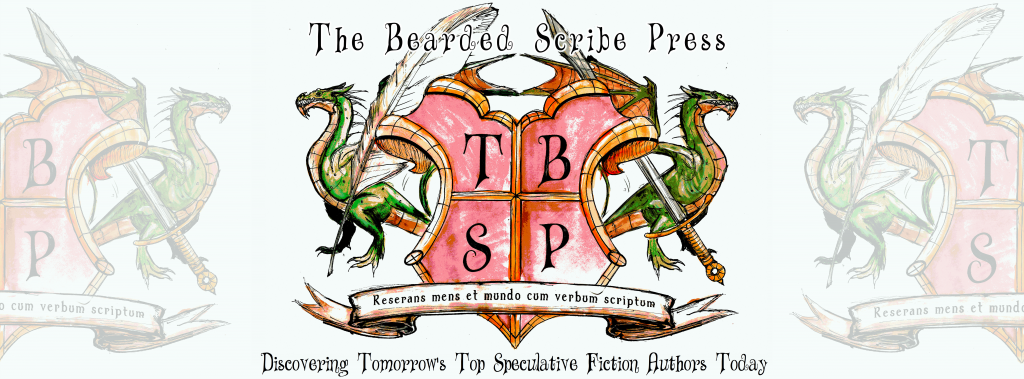Today I will be spotlighting The Running Man by Stephen King, originally published under the nom de plume of Richard Bachman. A little bit of science fiction, some social commentary, and lots of high octane action and thrills are delivered in this excellent piece of work. This is my favourite Stephen King novel, and I am delighted to share it with you all today.
The Premise:
The Running Man is a science fiction novel set in a dystopian future United States, where the rich have gotten richer and the poor have gotten desperate. Those in need of money can participate in “Game Shows” where they agree to risk death to earn money. The most popular game is The Running Man, in which the contestants are allowed to go anywhere in the world, chased by “hunters” trained to kill them. To win, the contestant must outsmart and out run the hunters for thirty days. If they do this, they will win a billion NewDollars. The longest anyone has out lasted the hunters is eight days. Ben Richards, an unemployed father, is in the game to save his terminally ill daughter. He’s the smartest, angriest contestant yet, and is determined to set a new record. But he's set out to beat more than just the game…he’s set out to beat the system itself.
Gems for Writers:
Variations on a Theme. I figure I should address the elephant in the room right off the bat—this particular elephant being the current trend in popular young adult book series—especially since The Running Man came out before both The Hunger Games and Battle Royale. There are even several theories in the online globosphere that both of these were rip-offs of Stephen King's work, but in truth, the idea behind all three of the aforementioned novels is nothing new. Suzanne Collins herself cites the myth of the Minotaur as inspiration, as well as the gladiators of ancient Rome and reality TV. This is the same source material from which Stephen King drew influence. The original short story dealing with this theme, however, was The Most Dangerous Game, written in 1924. It featured a survivor from a yacht accident being hunted on a remote island by an aristocrat. The Running Man is not the only story written by Stephen King on this theme either, and his other piece, The Long Walk, is even more similar to The Hunger Games.
That being said, The Running Man is a perfect example of how to take a reoccurring theme and make it your own. As mentioned above, the theme of humans killing humans while other humans watch is a very old theme. My favourite example is that Stephen King was the first to connect this theme to reality TV, which was only becoming popular at that time. He also set it in the near future. I’m not sure if this was his intention, but I felt that this kept the reader grounded because it makes sense that this new fad would still be popular in the near future. The takeaway from this is that he used an existing theme and combined it with trends of his own time.
Mirror, Mirror. I am forever reading, watching, and writing social commentary, so prepare for most of my reviews to feature this little gem for writers.
The strength of Steven King’s dystopian setting is that its issues are so grounded in reality. The area of Co-Op City in which Ben Richards lives sounds like a typical walk through “the hood” of my home city, albeit with more people. In this way the setting itself becomes a social comment, holding a mirror up to the poor areas of even small cities. I find that King’s dystopia in The Running Man is more realistic and more compelling than Collin's dystopian world in The Hunger Games because of his commentary on today's society.
Another gem, and my favourite piece of social commentary, is the interaction between Ben Richards and Amelia Williams. Williams is a middle class character and the only middle class character we see in the novel (the rest being either extremely poor or upper class). I found this interesting because in many novels with extreme differences between the rich and poor, the middle class is ignored. Since most readers are middle class, this was an opportunity for King to shove the social commentary mirror right into our faces. And he did. Amelia is such an irritating character. She is filled with assumptions based on what the media tells her, disgust for the poor and an air of self-righteousness that makes you want to hit her. She stubbornly refuses to believe that the government is wrong and Richards is right. I don’t know about you, but this reflection of our middle class makes me uneasy and a little disgusted. But King does it so well that I don’t get angry or defensive. Also, I can see a little bit of myself in Amelia. That scares me.
Job well done, King. Job well-freaking-done.
Conclusion:
I truly enjoyed this book. If you can read it and not mentally compare it to The Hunger Games the whole time, I would recommend it. If you can’t, I can’t conclusively say if you will enjoy this book. If you enjoyed Battle Royale, you will like this book. If you like King, you will like this book. I would 100% recommend it to anyone who wants a good read with suspense, explosions, tension, and a kick-ass ending. Also, I dare you to read Ben Richard’s dialogue in Schwarzenegger’s voice.
Happy Reading and Happy Scribing,

**The Running Man (1982) by Stephen King (as Richard Bachman) is published and copyright by Signet Books. It is available in stores, online, and at your local public library.

**The Running Man (1982) by Stephen King (as Richard Bachman) is published and copyright by Signet Books. It is available in stores, online, and at your local public library.


Another great Spotlight, Kelsey! So glad to have you on The Bearded Scribe Team!
ReplyDeleteGreat work, Kelsey! Sorry to be so late with the comment, but please keep them coming!
ReplyDeleteThanks guys! :)
ReplyDeleteThis comment has been removed by the author.
ReplyDelete